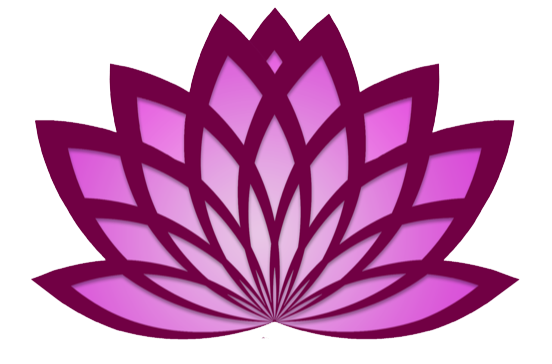Women’s Clitoris….More than You Expected
Let’s talk clitoris. Nicole Daedone, the founder and CEO of One Taste, is my hero…and get this…I’m not a One Taste Coach, I don’t particularly love to OM, and I question some of their approaches to sexuality. So why is she my hero? Simple…She and her marketing team have made “clitoris” a household word, at least in New York and California… Anyone who can start to shift the conversation about sex in this country is on my very short list of hero worship. Oh and check out this way cool multimedia project Cliteracy by NY artist Sophia Wallace, which inspired me to share some important facts about the clitoria.
- There are 8000 nerve endings in the clitoria—compared to 4000 in an uncircumcised penis, making it one of the most powerful sexual organs. Sensations from the clitoris can spread to another 15,000 nerve endings in the pelvic area.
- Only a very small part of the clitoris is visible. The clitoris is made up of many different parts, including the clitoral head, the hood of the clitoral shaft, the urethral sponge, erectile tissue, glands, vestibular bulbs and the crura (or the clitoral legs). As shown in this picture, only the clitoral head and the hood are located outside the body.
- But here’s the important fact—all of these other parts of the clitoris have hundreds of nerve endings. For most women, the clitoral legs, located toward the upper part of the pubis mound above the clitoral hood, are extremely sensitive and stimulation can lead to orgasm.
- Like any other body part, the clitoris can get over stimulated and become numb if continually touched the same way for long periods of time. Some women do not like direct stimulation of the clitoral head. The key is to change things up, give the clit a rest, and explore other parts of a woman’s body.
- The clitoris is part of a vast array of erectile network tissue all interconnected. For a great description of this, check out Sheri Winston’s book.
- The clitoris is the only part of the human body that exists only for pleasure and while all mammals have them, only humans seek out sex for pleasure, not just procreation.
- The clitoris is a lot like a penis. In fact there is a lot of similarity between male and female sexual organs. Makes complete sense if you consider that upon conception all babies have the same genitalia and it’s not until about 12 weeks that differentiation occurs.
- The clitoris grows as women age as a result of hormonal changes and continues to grow after menopause. Chalk one up for aging!
- Clitorises come in all different shapes and sizes, as do their hoods. They also react differently to arousal and can be temperamental. Some get engorged and come out from under the hood and others actually hide under the hood during arousal.
- 70% of women can only have clitoral orgasms, meaning that only 30% of women can have vaginal orgasms. This is a statistic frequently cited by sex educators that I actually take some issue with. In my experience, the reason that women aren’t having vaginal orgasms is because most partners have never learned how to properly stimulate the G spot, the A spot, and the Cervix, in order to produce an orgasm. Without use, those nerve endings become atrophied and need to be re-activated. I have yet to work with a woman who has not been able to, at the very least, achieve significant sensation from G spot stimulation after a few sessions.
Have a comment? I love em…

Leave a Reply